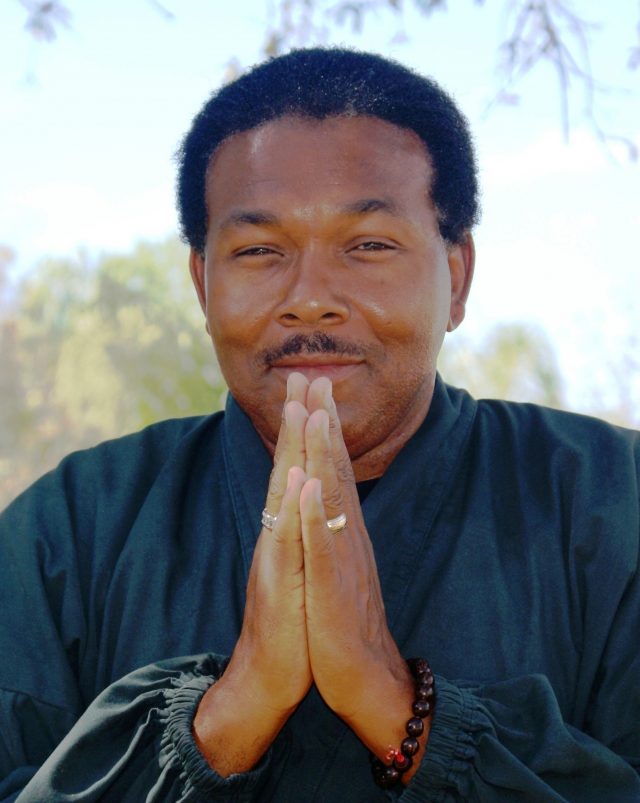Susan: What do you think people want to know about you?
Charles: Bupkis.
Susan: (looking frustrated)
Charles: I know, that’s a really short story.

Here’s the slightly longer version:
Charles was raised by spiritualist named Mother Price, a strong-willed sometimes abusive Catholic hoodoo rootworker with a touch of clairvoyance, who took him from his mother when he was 6 years old and told him she was his grandmother. The next time he saw his mother was after “grandmother” died, when Charles was 28 years old.
Some people are broken by trauma. Some people find a way through. Charles’ refuge was his relationship with the Divine and the experience of his consciousness beyond his body. He was doing meditation and astral travel before he’d ever heard of them. He was in his physical body but also outside of it, a witness from a safe distance, where pain wasn’t personal. Charles smiles and says that was his “witness protection” program.
Charles studied martial arts but was most interested in how the body could be a vehicle for spiritual development. He began to teach, and to develop Kai Chi Do in collaboration with his students.
After “grandmother” died, falling in love brought Charles down to Earth. Susan, who tends to speak in CAPS and exclamation points, became his counter-balance, his first and only girlfriend and his wife, his pragmatist, his passion, and his partner in everything. Their differences are perfectly matched. Together, they continued the development of Kai Chi Do to what it is today.
Charles Robinson graduated from Seton Hall University, where he earned a Bachelor’s degree in Psychology and a Master’s degree in Education. He is a Licensed Mental Health Counselor and Executive Clinical Director of Clean Recovery Centers, another aspect of his work teaching people how to find peace, purpose, and a sense of belonging.
There is a tradition in Kai Chi Do of meeting people where they are, without knowing their story. We have this powerful experience with people we don’t even know and walk away feeling a profound connection with them. So why do we think Charles’ story is an important story to tell? Because even though he can transcend it all, he isn’t teaching from an ivory tower. Charles’ story is a demonstration of the power we each have to define ourselves, to feel at peace, rather then being determined or controlled by our experiences. It’s because the story can teach us, not just who Charles is, but who we are.